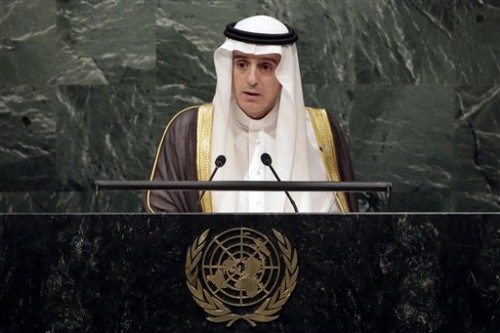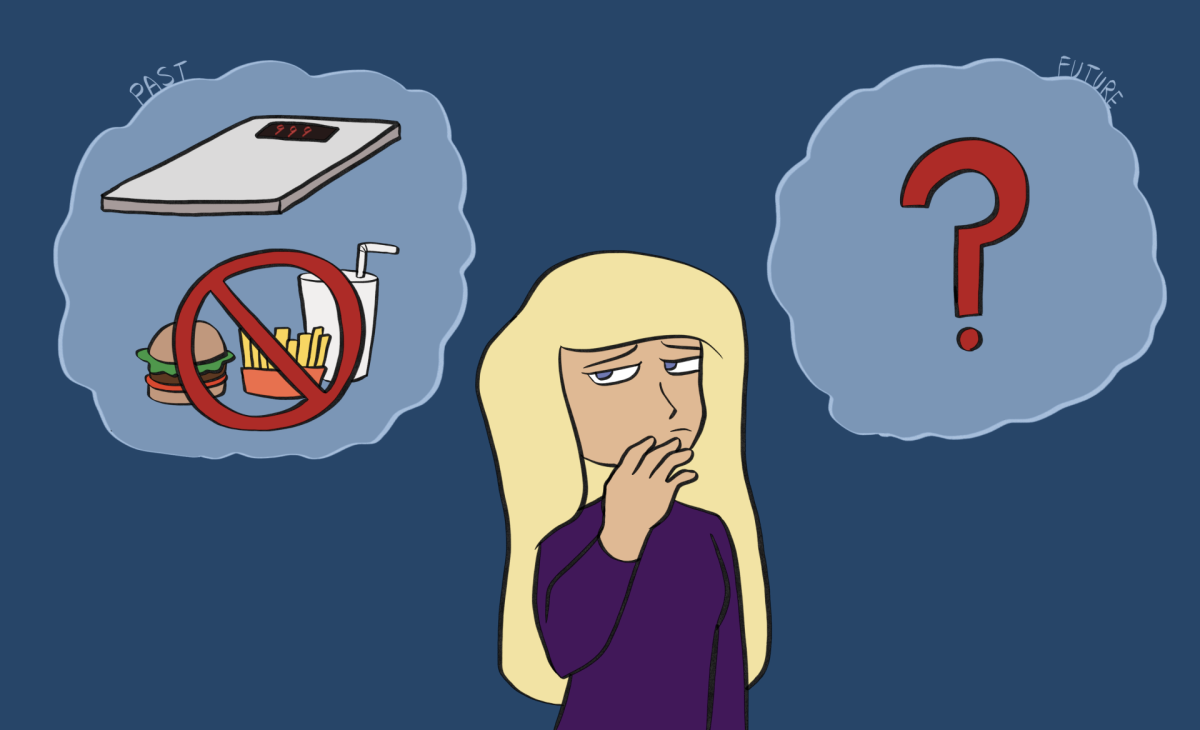
Many human rights activists around the world have bemoaned the recent appointment of Faisal Bin Hassan Trad, the ambassador of Saudi Arabia, to a position on the United Nations Human Rights Council (UNHRC). Saudi Arabia is notorious for violating human rights standards with its inhumane punishments that include public lashings and executions. According to Hillel Neuer, executive director of UN Watch, “(Saudia Arabia) has beheaded more people this year than ISIS.”
Ensaf Haidar, a UN watchdog whose husband, Raif Badawi, a Saudi activist and blogger, was sentenced to 1000 floggings by the Saudi government, said the UN decision gave a “green light to start flogging again.” Badawi, who was imprisoned in 2012 for insulting Islam in his writing, received his first 50 floggings and will receive the rest over the course of the next several years. This oppressive form of silencing criticism is not uncommon. In 2014 alone, Saudi Arabia imprisoned countless peaceful activists such as prominent human rights lawyer Waleed Abu al-Khair and civil rights activist Fowzan al-Harbi for their criticisms of the government.
Considering the many human rights violations that Saudi Arabia is committing, it begs the question: why appoint them to UNHRC? According to Agnes Callamard, director of Columbia University’s Global Freedom of Expression and Information initiative, “the UN is not responsible for the appointment in any way.” Callamard said that the UN Human Rights Council is made up of “five representatives from all regions” and that each region’s representative is selected via a “rotation — so nobody appoints anybody.”
The reason for the UN employing such a system is likely to avoid any particular country in a region from developing a firm grip on the region’s representation. As fair as this system may sound in theory, appointments such as that of Saudi Arabia to the panel rightfully calls the system into due question.
However, if the appointment system were to receive some major reform, it is important for the UN to not silence the voices of nations such as Saudi Arabia, but rather find a way to include their input without appointing them to unfitting positions. If the UN wishes to uphold its human rights standards on an international level, it needs to work closely with the biggest oppressors, such as Saudi Arabia. This seems to be the only potential silver lining in the appointment of the Saudi ambassador to the panel.
The issue still at hand is more difficult to resolve: what can the UN possibly do about the human rights violations in a nation like Saudi Arabia? Even if the UN works closely with the ambassador, it is very unlikely that a country that has ignored countless diplomatic warnings and pleas from the UN, the EU and others will simply adopt the Western ideals on human rights.
This leaves the UN with three options: military action, amnesty or the most level-headed solution, support for peaceful protest within oppressive regimes. Protesting is a powerful way for people to fight for their rights without unnecessary violence. This is not a power that people in nations such as Saudi Arabia can harness, however, due to the violence that the government uses against protestors as well as the bans against non-governmental organizations (NGOs) that these nations employ.
Activists cannot organize protests, as they fear suffering the fate that activists such as Badawi have suffered. NGOs are another way for people to peacefully reason with an unjust government. However, according to The Guardian, “almost half the world’s states have implemented controls that affect tens of thousands of organizations.” These laws exist in countries that desperately need human rights campaigns and organizations, such as China, Egypt and Israel.
Targeting the unwarranted violence against protestors and the oppressive controls on NGOs could be a way for the UN to approach these nations’ human rights violations. Many controls on NGOs are related to funding, something that the UN could involve themselves with. Furthermore, though military action seems rash, deploying forces to protect protestors is another option that the UN could explore.
Though the appointment of Saudi Arabia to UNHRC is definitely important to scrutinize, the larger implications of this occurrence are far more important to discuss from a human rights standpoint. Countries such as Saudi Arabia will not adopt Western values on human rights on their own and the UN will not use force to change that. The challenge to the injustice that exists in such nations must come from the people that live there. It is the UN’s job to return to those people the voices that they have been robbed of so that change can be possible.








Derek Geraci • Sep 28, 2015 at 4:42 pm
You provide good information and do a good job at summarizing, however, it would seem all your info can be found in almost the same length from more risible sources on the web. After you have made a name for yourself ( try YouTube or something simple) Try to make your articles more original and interesting to follow. Good luck to you.